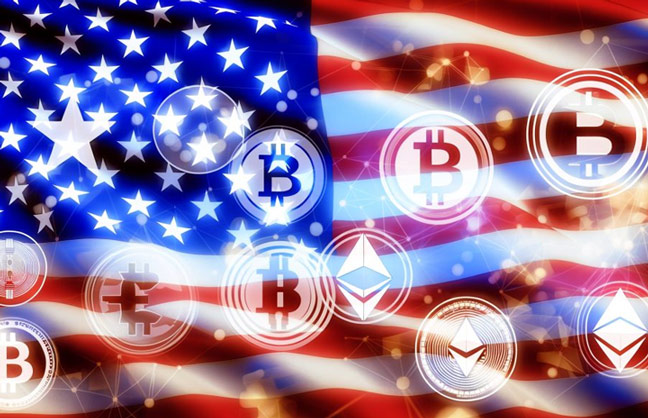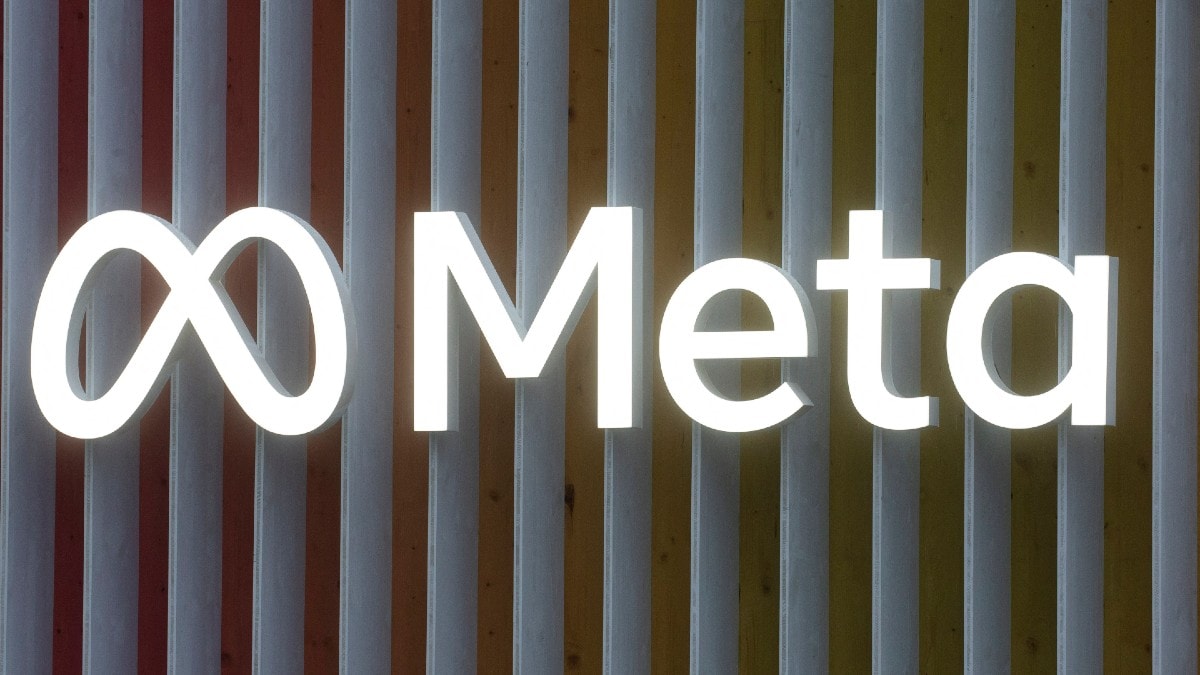In late July, at a crypto convention in Nashville, Tennessee, Donald Trump made a significant push for cryptocurrency enthusiasts by advocating for a national bitcoin reserve. During his speech, Trump urged attendees to “never sell your bitcoin,” framing this advice as part of a broader strategy to court crypto-savvy voters ahead of the November elections. He proposed that, if elected, his administration would establish a “strategic national bitcoin stockpile” by retaining all bitcoin currently held by the U.S. government and acquiring more in the future.
Trump’s proposal is not an isolated idea. U.S. Senator Cynthia Lummis has introduced legislation advocating for the government to purchase one million bitcoins, which would represent approximately 5% of the total bitcoin supply. On the other hand, independent candidate Robert F. Kennedy Jr. has suggested a more ambitious plan, recommending a stockpile of four million bitcoins. Presently, the U.S. government holds about $11.1 billion in cryptocurrency, largely from criminal seizures, such as those related to the Silk Road case in 2013.
The U.S. government currently possesses about 1% of the global bitcoin supply, which is capped at 21 million coins. In comparison, private entities such as MicroStrategy hold approximately 226,500 bitcoins, while investment trusts like BlackRock’s iShares Bitcoin Trust and Grayscale Bitcoin Trust hold 344,070 and 240,140 bitcoins, respectively. A government bitcoin reserve could potentially drive up bitcoin’s value but might also reduce the number of bitcoins available for trading in the market.
Why This Matters
The notion of a national bitcoin reserve, while not yet fully fleshed out, has sparked considerable speculation about its potential structure and impact. One idea is for the Federal Reserve to oversee these reserves on behalf of the Treasury Department, similar to how gold reserves are managed. Another possibility is a model resembling the Strategic Petroleum Reserve, with joint oversight by the president and Congress.
Although a state-controlled bitcoin reserve would challenge the decentralized ethos of cryptocurrency, its growing prominence in political discourse is seen as a positive development by industry stakeholders. The anticipation is that both major political parties will increasingly focus on digital assets, reflecting their rising importance in contemporary political and economic discussions.





